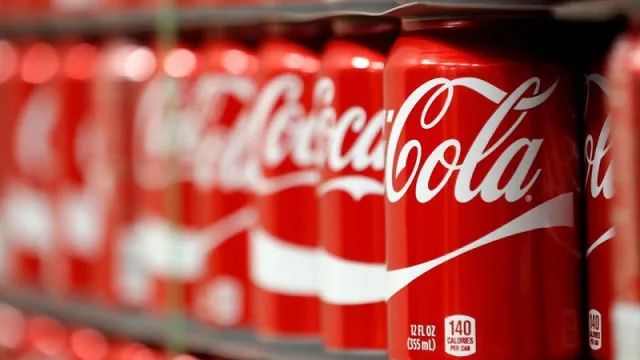How sugar keeps us addicted to junk food

How sugar keeps us addicted to junk food
That dreaded feeling when you have a snack in the house – the internal struggle, the futile attempts to distract yourself, and the eventual surrender after a relentless five-minute battle. We've all been there, and it's not just a personal weakness. There's a science behind our snack cravings, and it all circles back to sugar.
Recollections of childhood snack-sharing rituals resurface – the careful cup placement for soda pouring, the scientific mixology to ensure fairness, and the relentless yearning for mom's hidden stash of sugary delights. Ah, the irresistible allure of sugar-laden treats.
Sugar: Hidden architect of processed foods
Unbeknownst to us, there's a sinister reason behind our fascination – sugar, the hidden architect of processed foods, lurking even where we least expect it – in ketchup, soup, cereals, crisps, and yes, even diet sodas.
This isn't a mere coincidence. Snack conglomerates are well-aware of sugar's magical hold on our taste buds, investing billions in deciphering the perfect sugar quotient for each product. They even have a term for it – the "Bliss point."
But how does this sweet sorcery work, and is it safe? Enter the sugar molecules – glucose and fructose. These molecules part ways in our gut: glucose fuels our muscles, providing vital energy, while fructose takes a shortcut to the liver.
However, here's where the plot thickens. Excess fructose plays tricks on our brains, silencing our satiety signals. Remember those childhood days of munching snacks until feeling sick? Blame it on fructose. And excessive liver fructose? It transforms into fat, inviting a cascade of diseases from obesity to fatty liver ailments.
Read also: Busia sugar producers who can’t afford a teaspoon
Perils of sugar overdose and obesity
The sinister consequences don't end there. Excess fructose triggers a domino effect, causing the pancreas to overproduce insulin. An abnormal insulin rollercoaster lies at the heart of Alzheimer's – often termed the "diabetes of the brain."
But wait, there's more. Some cancers capitalize on excess insulin, fueling their growth. These are mere glimpses into the perils of sugar overdose – a higher obesity risk leading to chronic conditions, from high blood pressure to mental health disorders.
Despite this alarming truth, food and snack behemoths continue their advertising extravaganzas, promising health, strength, and happiness through their products. Take a 330ml Coca-Cola can with a staggering 35g of sugar – a sixth of the WHO's daily recommendation. Yet, there's no sugar alert on the packaging, only a discreet disclaimer against child consumption.
Sugary drinks and obesity
Even more unnerving, these giants invest millions in hushing up the link between sugary drinks and obesity. Their actions speak louder than words – they're well-aware of the harm, but money triumphs over conscience. In 2021, Nestle's confession that 60 percent of their foods were unhealthy offered a sliver of truth amidst the deception.
The hard truth is that sugar, whether masquerading as honey or sweetener, remains a health hazard if consumed in excess. Real food operates on its own regulatory system – fruits brimming with fiber and nutrients, sounding the fullness alarm, preventing overindulgence.
Yet, the gravity of sugar's impact often eludes us in the short term. No immediate dizziness or slurred speech like in other substances. Instead, sugar's grip tightens quietly, insidiously. Children might exhibit hyperactivity or emotional outbursts after consumption, hinting at the future implications.
The battleground is clear: sugar's stealthy game versus our health. Understanding the science behind this addiction arms us with the power to make conscious choices, pushing back against the allure of junk food and embracing the nourishment of genuine sustenance.



